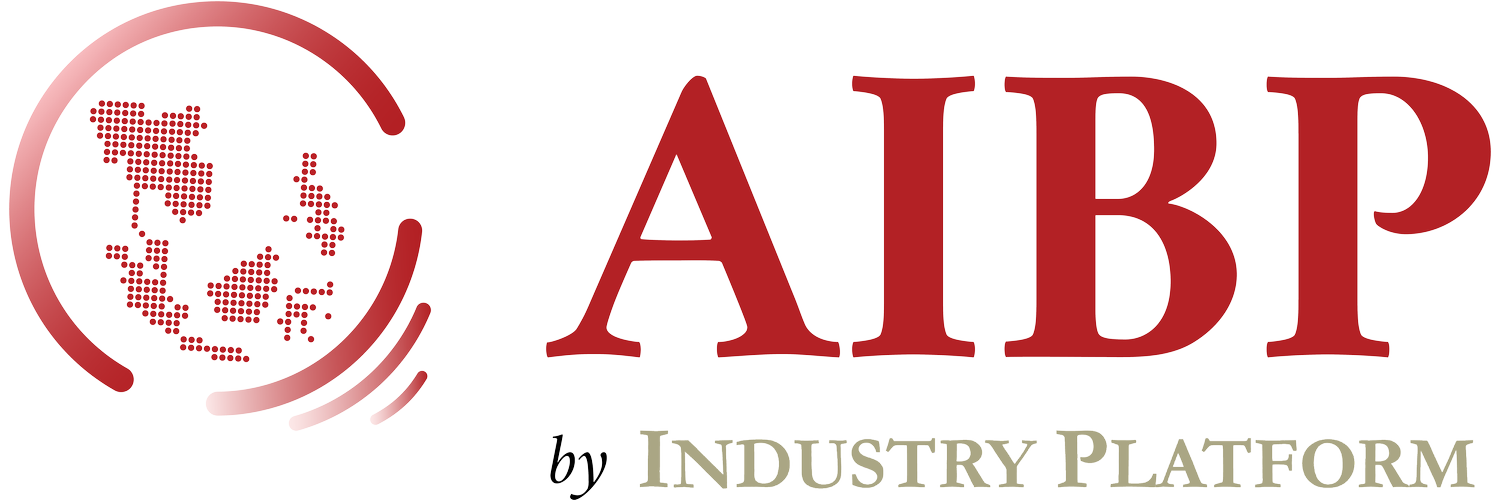Navigating Uncertainty, Driving Transformation: AIBP Thailand Advisory Board Meeting 2025
Amidst geopolitical tensions and cautious economic conditions, the recent ASEAN Innovation Business Platform (AIBP) Advisory Board meeting in Thailand highlighted critical insights on AI adoption, decentralised technological capabilities, clear regulatory frameworks, and workforce transformation as key drivers for Thailand’s ongoing digital transformation journey.
AI Adoption: Turning Challenges into Opportunities
Thai enterprises clearly recognise the strategic importance of artificial intelligence (AI), yet practical implementation remains challenging. Companies struggle with uncertainty around where to initiate AI projects, cost apprehensions, and gaps in available local resources
During the discussion, it was highlighted the pressing shortage of qualified System Integrators (SIs) equipped with sufficient AI expertise, especially for specialised industry applications. Addressing these gaps represents a significant opportunity for strategic collaboration between enterprises, local technology providers, and training institutions to cultivate targeted AI competencies.
Decentralisation: Empowering Localised AI
There was also a strong shift in sentiment towards decentralised AI solutions—smaller, specialised models optimised for edge computing and localised applications, particularly relevant to Thailand's IoT and vertical industry needs. This shift is driven by both cost effectiveness and the desire for greater autonomy and customisation within Thai enterprises.
Industry-specific AI applications for agriculture, healthcare, retail, and manufacturing emerged as significant opportunities, enabling local businesses to leverage tailored AI models designed specifically for the Thai market.
Regulatory Clarity: A Necessity for Sustainable Growth
Regulatory uncertainty presents a key barrier to wider AI adoption. Industries, notably healthcare, call for clearly defined AI governance structures and compliance standards. Concerns around cybersecurity, especially with interconnected infrastructure such as EV charging networks, amplify the urgency for robust regulatory frameworks.
Establishing clear, practical AI governance guidelines, supported by sandbox environments to pilot regulatory approaches, will be critical in accelerating enterprise innovation while managing risks.
Workforce Transformation: Skilling for an AI-Enabled Future
The Thai workforce faces significant challenges in terms of skills and readiness to leverage advanced AI tools effectively. Enterprises highlighted the necessity for structured upskilling and reskilling programs to address current talent shortages in deep learning and advanced analytics.
Moreover, there is concern around potential displacement of jobs through automation, making targeted workforce transformation strategies, supported by public-private sector collaboration, essential to ensure smooth transitions and maintain competitiveness.
Strategic IT Spending Amid Volatility
Enterprises remain cautious in their technology investments due to geopolitical uncertainties and fluctuating economic conditions. The trend towards bilateral business arrangements over multilateral frameworks underscores the need for clear, measurable ROI when enterprises consider IT spending.
Targeted engagement, demonstrating the direct linkage between technology investments and business outcomes, becomes vital. Facilitating bilateral technology partnerships and clear communication of benefits will empower Thai enterprises to strategically navigate their IT investments.
Maximising Technological Investments
The advisory board stressed that investments in technology must yield measurable, tangible returns. With increasing market volatility and constrained budgets, businesses seek transparency and reliability from technology providers. Real-world applicability, manageable ongoing costs, and proven value during implementation will differentiate successful technological partnerships.
By collaboratively aligning with technology providers, enterprises can better navigate uncertainties, optimise productivity, and ensure sustained business effectiveness.
As Thailand continues on its digital transformation journey, strategic collaborations, clear governance, and targeted capacity building will define success in navigating the complexities of an evolving digital economy.



